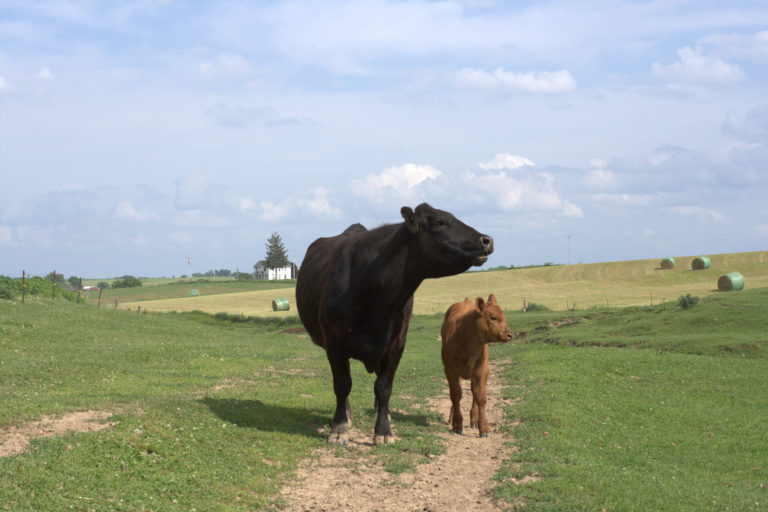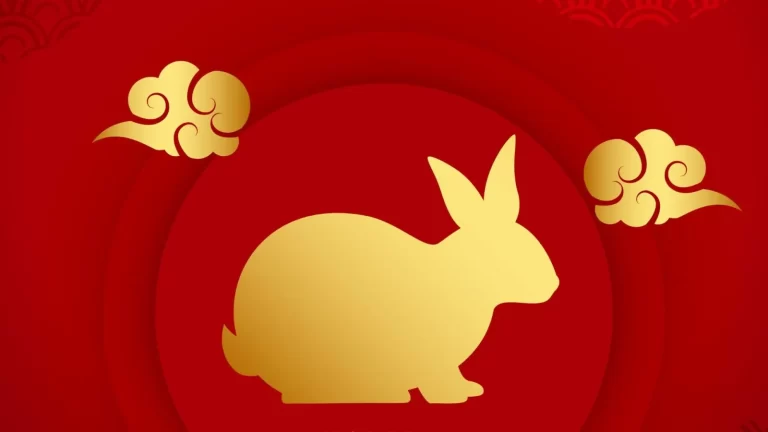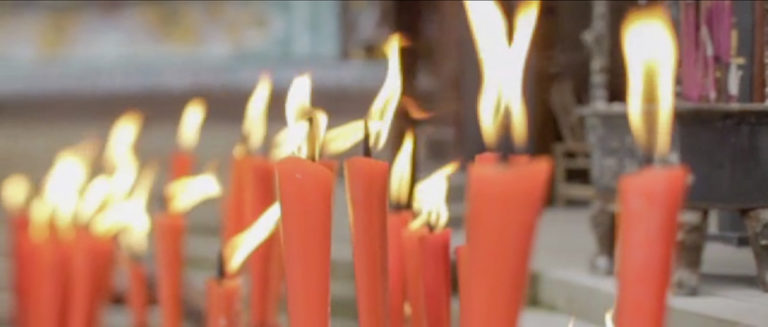First off: Blogger is blocked in China, so people cannot see it here, I cannot comment back to any of you and i do use a proxy.
There is so much to tell … I drove from Chengdu up north to a place called Hanwang today, through the towns of Shifang and Mianzhu.
Shifang was the first stop. The city is a satellite of Deyang Town, which is an industrial city surrounded by wheat fields and rice paddies. Its a poor town with older buildings, near the mountains and itself surrounded by several destitute villages living off of industry and small time local business. The city center was hit, but not hard. Almost all of the buildings are standing and there is a refugee camp in the middle of town. The refugees are both shell-shocked peasants and workers from the suburbs and urbanites who don’t dare return to their cracked and splintered apartments.
The outlying villages and towns suffered enormously. Thousands are dead, thousands missing, thousands injured … in every such town in northern Sichuan, there is a large placard with figures, pictures and details of sorrow that each town experienced. There was one picture in Shifang of a school of 400 in a village called Yinghua — more than 300 died — and the picture shows two girls, bodies horribly stretched, twisted and shattered. They have running pants and sneakers on. They are skinny and both have light blue underwear.
A man named He was pointing at the picture and explained that the two were girls he knew. He pulled his son out the wreckage of that school. His son has two broken legs and is in a hospital in Chongqing. Later I was in an apartment nearby and watched three girls point out their teacher on TV whose daughter had died. They knew that girl too.
On the road to Mianzhu, the damage started getting bad. Its wheat threshing season, so there are mobile threshing machines on the road and peasants in the fields. They return to tents of red, white and blue plastic when the work is done. Their houses have all fallen in, or been damaged to heavily to support people so they wrap bamboo around trees and telephone poles and bring their beds out into the open. The road is lined with tent cities, spaced by government supply depots with field hospitals and bands of volunteers stopping and unloading. Some drive BMWS and Audis, others tiny CheryQQs and tinbox bread trucks. Some, like the French, arrive in a caravan of 30 double wide semi trucks filled with supplies.
The supply train stretches 156km long and probably twice as wide, spread out over highways, two- and three-laners, unfinished piles of stone and pavement waiting to be melted into asphalt and potholed dirt roads where we dodge tractors and blind men on motorbikes.
Mianzhu has rubble in the streets. The area has been cleared and is stocked with supplies. It took heavy damage, but here as with all cities in China, buildings built in different eras with different materials stand next to each other. The older buildings built of concrete, sand and brick are largely demolished. The new modern complexes with steel, re bar, good bricks and solid cement stand pristine, towering over a refugee camp in the middle of town. One guy came out in shorts and broken sandals and told me, this is all i got, the pants on my butt and these scruffy sandals. He laughed as he pointed down and everybody laughed with him. I joked with the kids there for a while. I named one Stankfoot and the other Boogerface. Everybody joined in the joke-fest. They kept offering me water and food. Everyone gathered around and I made the little kids laugh till snot came out their noses. Its easy: a big laowai speaking like a peasant makes everybody bust out …
I said: you guys are awesome, smiling and laughing in the middle of this thing …
They replied:
we’re chinese, we can withstand anything.
It feels good to be alive
no matter what life brings, we always stay happy …
It was a Hallmark moment so I brought it down by telling Stankfoot to go and wash himself.
Mianzhu to Hanwang is where we began to see the real devastation — on a macrolevel — that the earthquake did to northern Sichuan. Nothing was intact. Nobody was indoors.
Hanwang, named after legendary general Liu Bang, will have to be completely re-built. The whole city is a vast ruin — those structures that still stand are gutted and split. There were people everywhere. Mine Rescue and Recovery teams from Shaanxi, Hebei and Sichuan Provinces. Army Units from Sichuan, Hunan and Hebei. Police lights flashed, heavy equipment rolled past, medics went from tent to tent looking at the survivors.
The mood was not chaotic or desperate, just methodical and even jovial at times. Some of the wreckage gave off the smell of rotting death and these were handled by teams of 10 – 15 soldiers with shovels and disinfectant who would wait while tractors sifted skillfully through the rubble,then they would dig out anything they would find. A local policeman pointed out his jacket and they retrieved it from the rubble.
The statue of Liu Bang in the middle of town had its head knocked off and the clock nearby is stuck on 2:28p, the time of the earthquake.
Yesterday, when I returned from Qing Cheng Mtn, I ate hot pot with Charlie and Ramon. Ramon seems bedeviled by the feeling that, although he had been in the middle of the earthquake and seen its fury face-to-face, he still remained untouched.
“I don’t want to be untouched”
“Maybe you feel your experience was inadequate,” said Charlie. “Maybe you feel like you don’t deserve to have survived.”
“Yeah, Survivor’s Guilt,” I said.
“Maybe,” said Ramon. “All i know is, I was in the middle of the quake and I still feel like a tourist. Like somehow being foreign got me through it all …”






